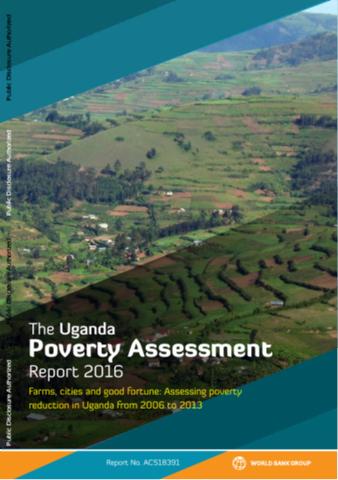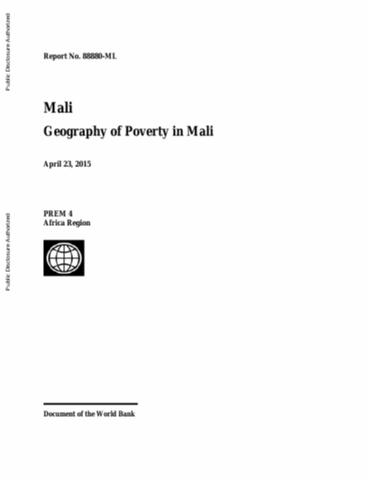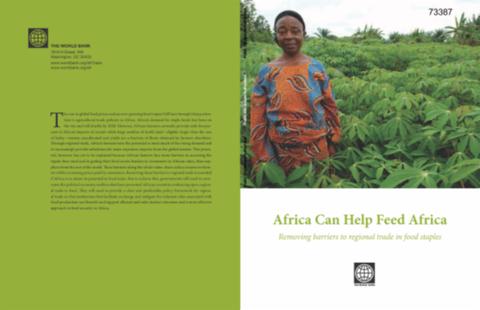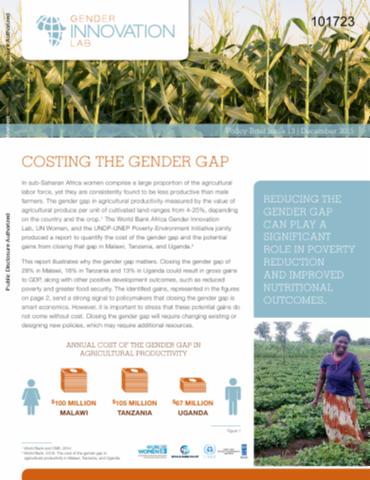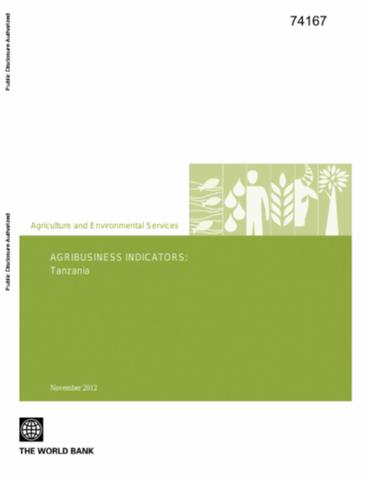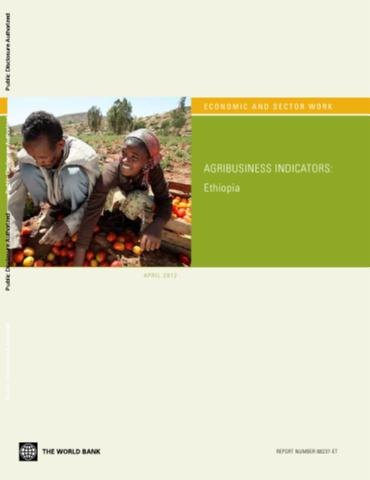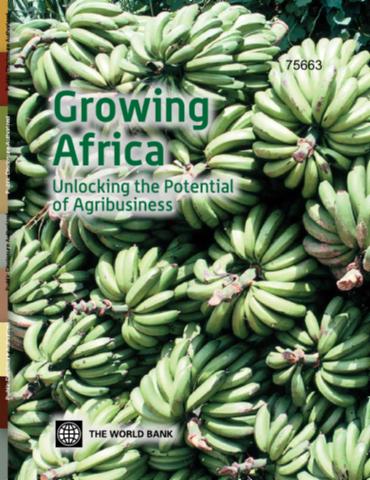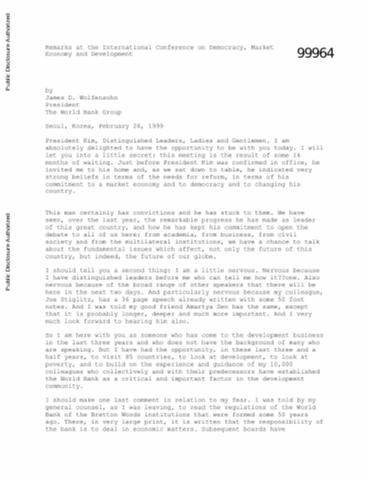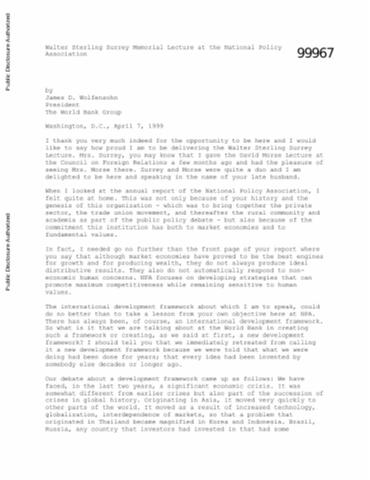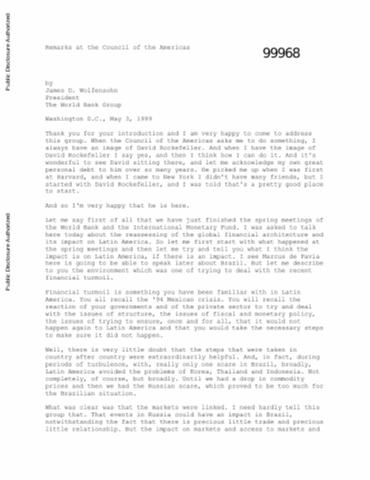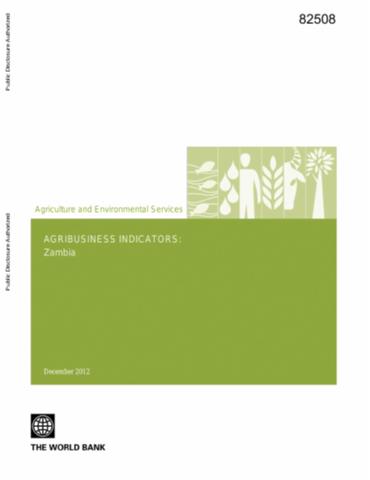The Uganda Poverty Assessment Report 2016
Uganda’s progress in reducing poverty from 1993 to 2006 is a remarkable story of success that has been well told. The narrative of Uganda’s continued, albeit it slightly slower, progress in reducing poverty since 2006 is less familiar. This was a period in which growth slowed as the gains from reforms years earlier had been fully realized, and weak infrastructure and increasing corruption increasingly constrained private sector competitiveness (World Bank 2015). This report examines Uganda’s progress in reducing poverty, with a specific focus on the period 2006 to 2013.

